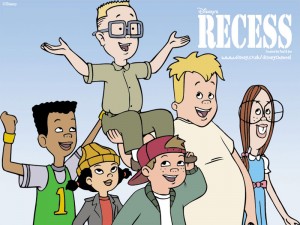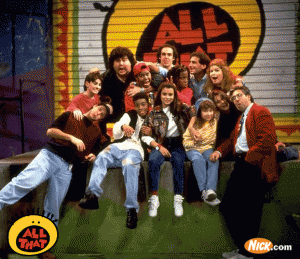Affects of TV on Kids
As a child, I spent a lot of my time watching television. It was kind of a baby sitter because my mother was really sick when I was growing up. My twin sister and I used to look forward to shows like Sesame Street or Teenage Mutant Ninja Turtles . We used our time watching television as a way to just stay out of trouble, and out of our parents hair, God knows they had more important things to deal with. In Lynn Spigel’s, Welcome to the Dreamhouse, she quotes one of the first and most influential book-length studies of the affects of television and children, which reported “that by 1961 sixth graders spent almost as much time watching television as they did in school.” These numbers seem staggering, since parents now a days talk about how they used to spend all their time outside, and come down on kids these days because all they want to do is watch television or play video games. In my opinion, kids now a days spend WAY too much time watching television or on the computer. Kids are suppose to be outside running around, getting into trouble, and staying active. According to kidshealth.org, kids and teens 8 to 18 years spend nearly 4 hours a day in front of a TV screen and almost 2 additional hours on the computer (outside of schoolwork) and playing video games. This is most likely contributing to the fact that childhood obesity has tripled in the last 30 years, according to the Center of Disease Control.
The most important thing to remember is that it is the parents responsibility to limit the time kids spend watching television, and to dictate what their child is doing on a day to day basis. If you’re kid isn’t active enough, take them outside and kick a soccer ball with them, or take them to the park. When did it become not fun to go to the park? When I was a kid I always missed out on that kind of stuff.






